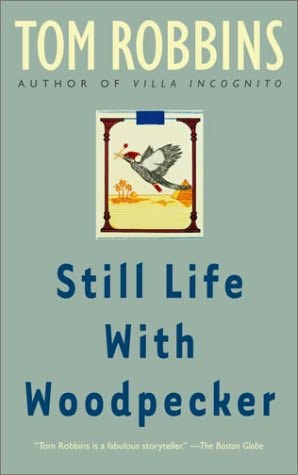 It really took me forever to read this book. Another NYTimes best seller and yet I wonder why I was on there. Although I can see why people would like it, I just did not. The synopsis sounded great.
It really took me forever to read this book. Another NYTimes best seller and yet I wonder why I was on there. Although I can see why people would like it, I just did not. The synopsis sounded great. A fifty-something year old concierge is one protagonist. She dumbs herself down because someone with her status should not be intelligent. The second protagonist is a twelve year old genius who has figured out how life truly is for most adults and has decided to commit suicide on her 13th birthday.
So, basically the book has the two characters bloom in personality and show how they are on the inside, outside. It really sounded like a good book to me. One thing that really bothered me was the two characters did not meet until like the last 100 pages. The fifty year old's chapters I could easily understand and follow, while the 12 year old's chapters were more difficult for me to get. I figured out how the book would end after a couple of chapters in. So, it was no surprise and it made me more depressed. Life should not have turned out that way for them. But all books cannot be cheerful. 3 stars.







